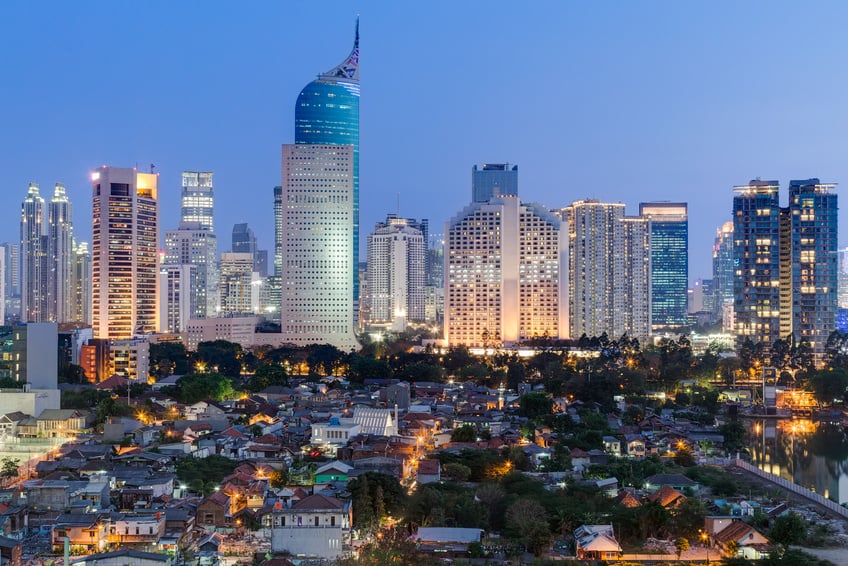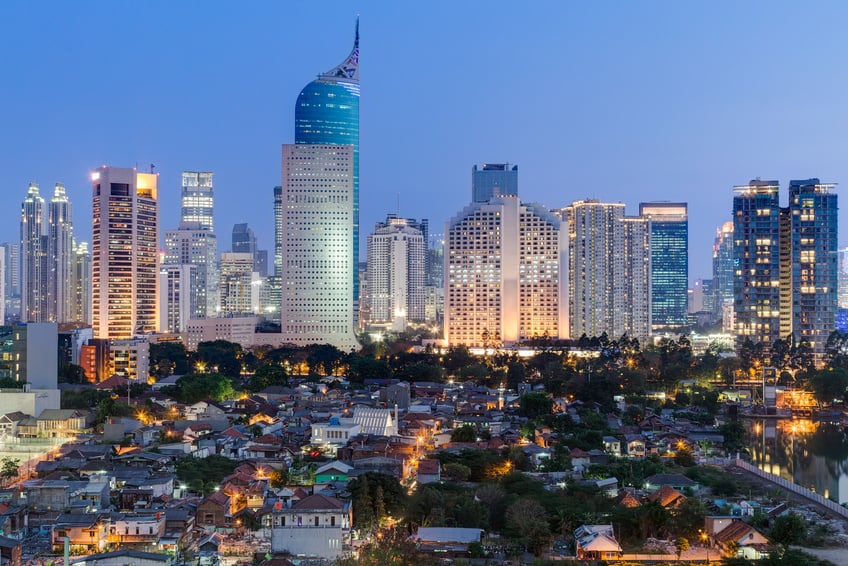On 2 January 2024, the President of the Republic of Indonesia signed Law No. 1 of 2024 on the Second Amendment to Law No. 11 of 2008 on Electronic Information and Transactions (“EIT Law”) (“Amendment Law”). The Amendment Law was enacted and became effective on the same day. The Amendment Law covers some new provisions that seem to push for localization and domestic protection, such as the requirement for e-certification service providers to be domiciled in Indonesia and the requirement for international electronic contracts to be governed by Indonesian Law. The Amendment Law also elaborates on the prohibited acts under the EIT Law, and contains new provisions on government intervention.
The Ministry of Trade has published Regulation No. 31 of 2023 on Provisions on Business Licensing, Advertisement, Development and Supervision of Business Actors in Electronic Systems Trading (“Regulation 31”), which came into force on 26 September and revoked Minister of Trade Regulation No. 50 of 2020 on the same subject matter. This alert highlights that Regulation 31 now identifies social-commerce platforms (i.e., those platforms that feature social media functionalities) within the sphere of e-commerce operators’ business models. Regulation 31 introduces significant new restrictions on the activities of foreign merchants and e-commerce operators.
In April 2023, in two separate judgments, the Constitutional Court clarified the interpretation of some provisions in Law No. 27 of 2022 on Personal Data Protection, i.e., provisions on personal or household processing of personal data and on the limitations of a data subject’s rights in relation to national security and defense.
The draft of the Indonesian Personal Data Protection Law was approved to become law by the Indonesian Parliament (Dewan Perwakilan Rakyat Republik Indonesia) on 20 September 2022. With this approval, we are nearing the end of the process of an ambitious piece of legislation, which took several years to get approval. For several years, Indonesia has only relied on various diverse regulations that contain privacy provisions without one comprehensive umbrella law on personal data protection.
The Government has begun the process of “re-doing” the Law No. 11 of 2020 on Job Creation as was mandated by the Constitutional Court on 25 November 2021. It has issued an amendment to the law governing the legislative process to accommodate the omnibus law method used for this law. The Government must now involve the public in a meaningful way in discussing the substance of the law that will replace Law No. 11 of 2020, while still completing the whole process by the 25 November 2023 deadline. In the meantime, the amendment itself is still subject to constitutional challenges.



